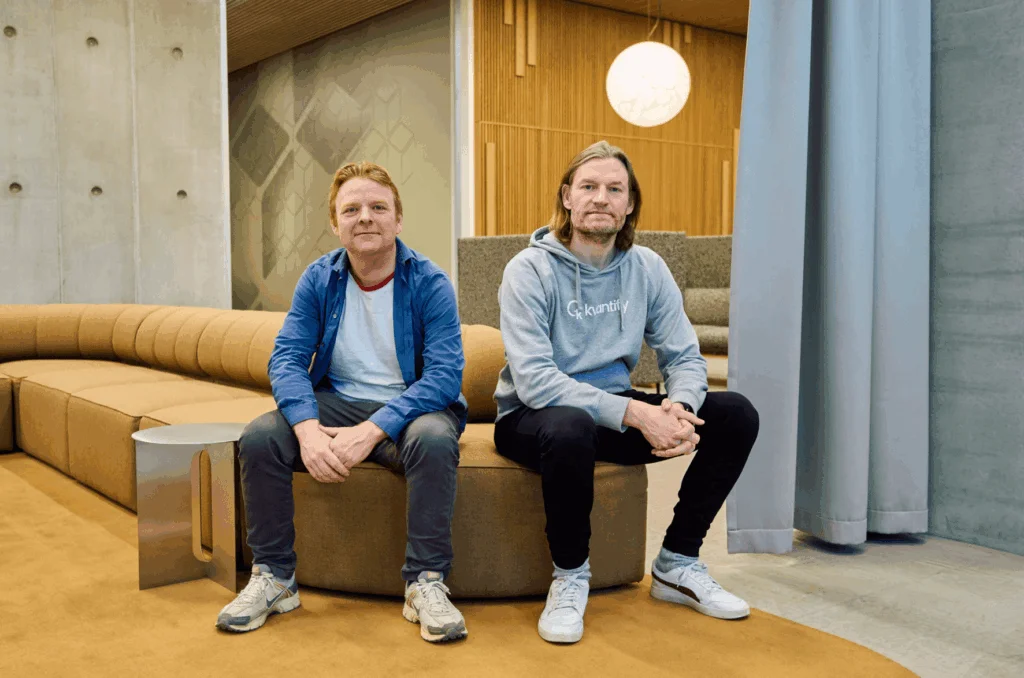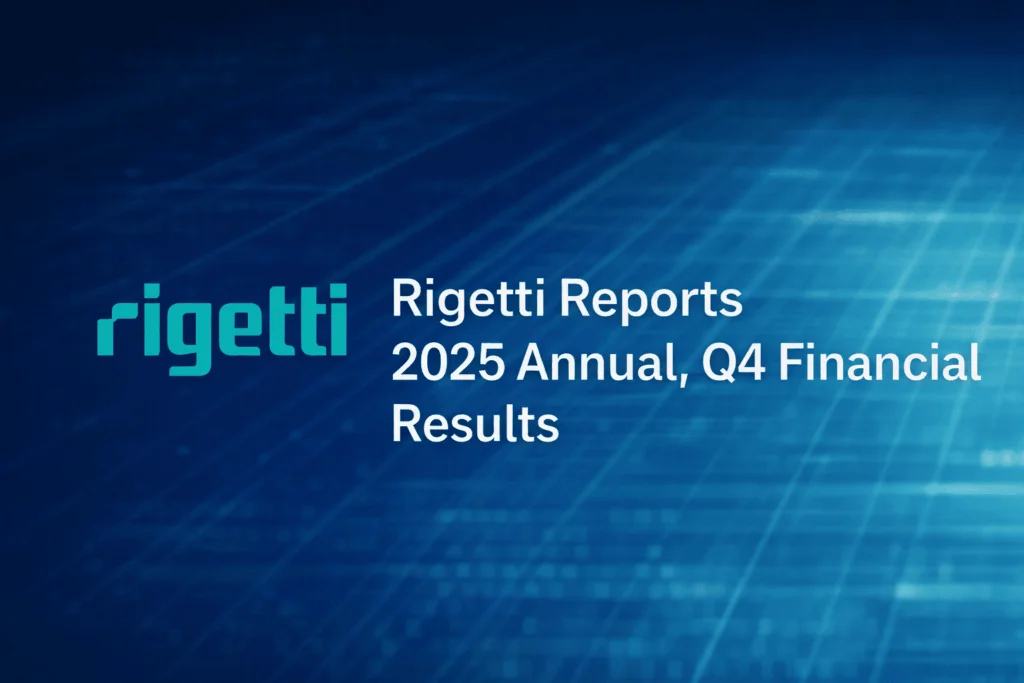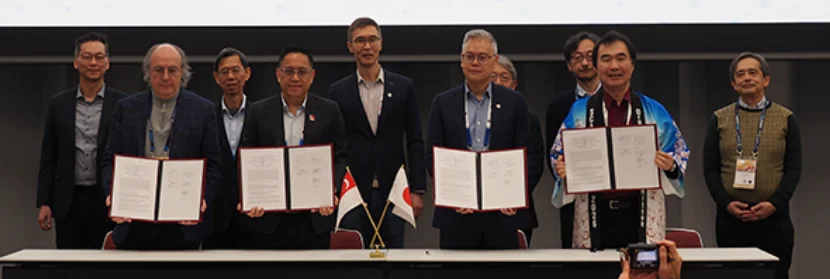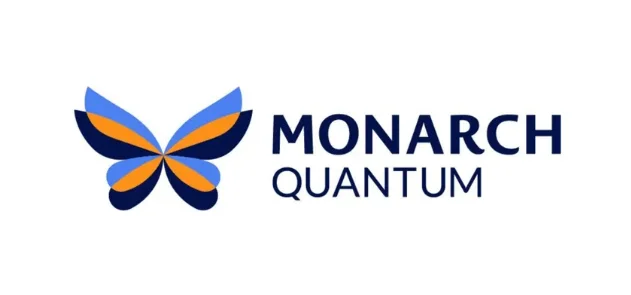
Cambridge Quantum Computing (CQC) has launched the world’s first cloud-based Quantum Random Number Generation (QRNG) Service with integrated verification for the user, an important step towards Quantum Advantage, according to the CEO, Ilyas Khan.
According to the company’s statement, randomness is an essential and ubiquitous raw material in almost all digital interactions and is also used in cybersecurity to encrypt data and communications and perform simulation analysis across many sectors, including the petrochemicals, pharmaceutical, chemical engineering, finance and gaming industries. The application developed by CQC generates true maximal randomness, or entropy, implemented on an IBM Quantum computer and can be verified and thus certified as truly quantum – and therefore truly and maximally random – for the first time.
This cannot be accomplished on a classical computer.
As part of a joint effort with IBM, the beta QRNG Service, which is the first quantum computing application, will initially be available to members of the IBM Q Network, a community of more than 100 Fortune 500 companies, academic institutions, startups and national research labs working with IBM to advance quantum computing, the post states.

Quantum Computing Milestones
CQC’s IBM partner lead, Anthony Annunziata, Director of the IBM Q Network, offered the following perspective on the new QRNG Service: “This is an exciting step toward making quantum computers practical and useful, and we are looking forward to seeing what scientists and developers can create using this service.”
In an interview, Ilyas Khan, CEO of Cambridge Quantum Computing, said he was extremely proud of his team’s achievement and recognized the importance of the partnership with IBM. He added that the first-ever cloud-based quantum application may mark an important step for the quantum sector.
It’s definitely a ‘Hello World’ moment
“It’s definitely a ‘Hello World’ moment,” said Khan. “I think the whole of the sector has woken up. Anthony Annunziata’s comments when the service was launched during the IBM-Q Summit, will have caught many people by surprise and getting that first truly quantum application to clients and real world users is a meaningful achievement.”
Working with IBM, CQC reports they have attained two quantum computing milestones: one in computational terms and the other in the commercialization of quantum computing where, for the first time, with the cloud delivery of an application for quantum computers, they can provide a service that can lead to real-world applications.
From classical and post-quantum cryptography to complex Monte Carlo simulations where vast amounts of entropy are required to eliminate hidden patterns, certifiable quantum randomness will provide a new opportunity for advantage in relevant enterprise and government applications.
Extracting verified random numbers from a quantum processor has been an industry aspiration for many years. Many current methods only generate pseudo-random numbers or rely on physical phenomena that appear random but are not demonstrably so.
“We have been on this since early 2015,” Khan said. “We have been looking at this carefully. As we know, scientists and researchers have been looking for credible ways to create device independent verifiable sources of randomness for a very long time. Verifiably quantum RNG has been a first use case for quantum computers that has been anticipated most famously in the Google announcement in November of last year. To get to the point with IBM where we have something that works repeatedly, homogeneously and reliably, and can be packaged as an application, has documentation and is now available to clients is probably just as impressive an achievement as the science.”
He added that myriad components had to come together at the right time to make the application work “ to see all of that all pull together, I think is exciting.”
CQC’s announcement is a significant step for the company, but it may also be a significant step for both the cloud-based quantum model, as well as the quantum industry as a whole.
“A significant takeaway here is that doing this on noisy quantum computers over infrastructure, which is emerging is as much of a noteworthy milestone as anything else,” said Khan.

The certified QRNG service launched in partnership with IBM, integrates a Bell test and can be called by users through the Qiskit module qiskit_rng, which validates the true quantum nature of the underlying processes. A scientific paper detailing CQC’s research titled “Practical Randomness and Privacy Amplification” has been published here.
CQC was part of the founding group of startups in the IBM Q Network’s startup program, announced in 2018 and IBM invested in CQC in January of 2020. CQC recently became the first startup-based Hub in the IBM Q Network, working with other members on chemistry, optimization, finance, and quantum machine learning and natural language processing to advance the industry’s quantum computing ecosystem.
“It’s been a long journey,” said Khan. “We first talked to IBM about certifiable random number generation back in June or July of 2017.”
In the future, the company sees that it will continue to refine the product and eventually expand its access to other quantum platforms.
“This is a beta product, which has been made available to IBM’s customers and, then, as with all beta products, we will gather feedback and more details will emerge over time,” said Khan.
If you found this article to be informative, you can explore more current quantum news here, exclusives, interviews, and podcasts.















